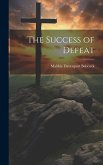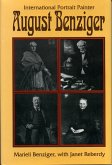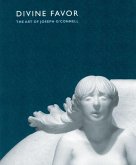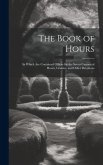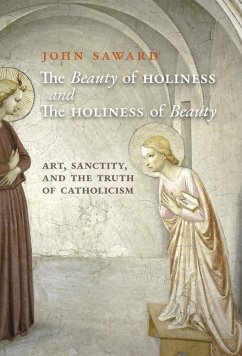Jacob Boehme's Vom übersinnlichen Leben (On Supersensual Life) is a dialogue between a wise older mystic and his student. The student asks questions such as: Why do love and suffering exist side by side? How far are heaven and hell from each other? Are their men and women in heaven? The mystics answers them by giving answers such as: love must have an object, therefore it exists side by side with suffering; heaven and hell are everywhere but their relationship is like day and night; there are no men and women in heaven but everyone is of the same sex. The answers are based on Scriptures. Where Scriptures do no provide a clear answer, the mystic does something that one may not have expected a mystic to do: he reasons by using metaphysical concepts, such as form and matter (not time and space), and quasi-metaphysical metaphorical ones, such as dark and light. He does not quote authorities (no namedropping!). Instead, he reduces metaphysics to these simple key concepts that he has distilled from his readings and study. Neither does the mystic appeal to his own supernatural experiences, even though the title of the book may have given the reader that impression. No, he did not ascend to heaven, neither in body nor in spirit, like his Swedish counterpart Emmanuel Swedenborg. There is a heavy emphasis on reasoning while experience is almost completely absent. Experience is only referred to when the mystic gives his student some hints about feelings that the student might expect when putting the mystic's advice to practice. For that reason, it is not surprising that Hegel called Boehme the first German philosopher. (Jonathan Widell)
Hinweis: Dieser Artikel kann nur an eine deutsche Lieferadresse ausgeliefert werden.
Hinweis: Dieser Artikel kann nur an eine deutsche Lieferadresse ausgeliefert werden.


